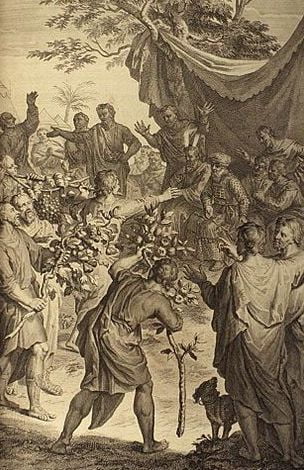The cyclical calendar, as an embodiment of the idea of the “eternal circle”, is also a possible solution to the difficult metaphysical problem of “eternity-time”.
Of course, the ancient Bulgarian calendar r not the only cyclical calendar but it remain: incomparable with its accuracy and functionality to this day. The attempts to attribute its origin to Chinese or Turkic influences have proved futile. A Chinese geographic tractate of the 10th century includes an announcement of the 7th century, stating that the Chinese noted as an interesting fact the use of a 12-year cycle for calendar purposes by the population between Samarkand and Buhara. For them, the 12- year animal cycle as a calendar system outside the 60-year cycle was unknown until the time of the Han dynasty (206 BC-25 AD) when it was included in the Chinese calendar system under the influence of their western neighbors.
A vivid proof of the long-term spiritual links and loans which the Bulgarians kept in the Indo-Iranian world and beyond it, is in the chess figures found on the territory of Danube and Volga Bulgaria. The game of chess has been considered a sublime achievement of the aristocracy and the clergy since Antiquity. It was made possible because of contacts at the highest intellectual and philosophical-mathematical level.
Uranic Earth arrangement
The invention of the precise Uranic- Earth arrangement of time on the basis of the mathematical 12-digit pattern of the Cosmos is the result of the active cultural interactions of the Bulgarians with other historical partners at a similar or at the same level of spiritual development. The calculation, use and dissemination of that well designed model of sun calendar are not only an achievement of one advanced civilization. That is a proof of the exceptionally powerful centralized ruling institution, which controls also the scholar priests in the epoch before the year 300 BC.
This conclusion is supported by the dynastic 12-year cyclical calendar which is documented by an exceptional written source, the Name-List of Bulgarian Kans. The manuscript was found in the 19th century in a collection of Russian texts. It is a chronology of the reign of 13 Kans.
Read More about The Easter Torch Part 5








